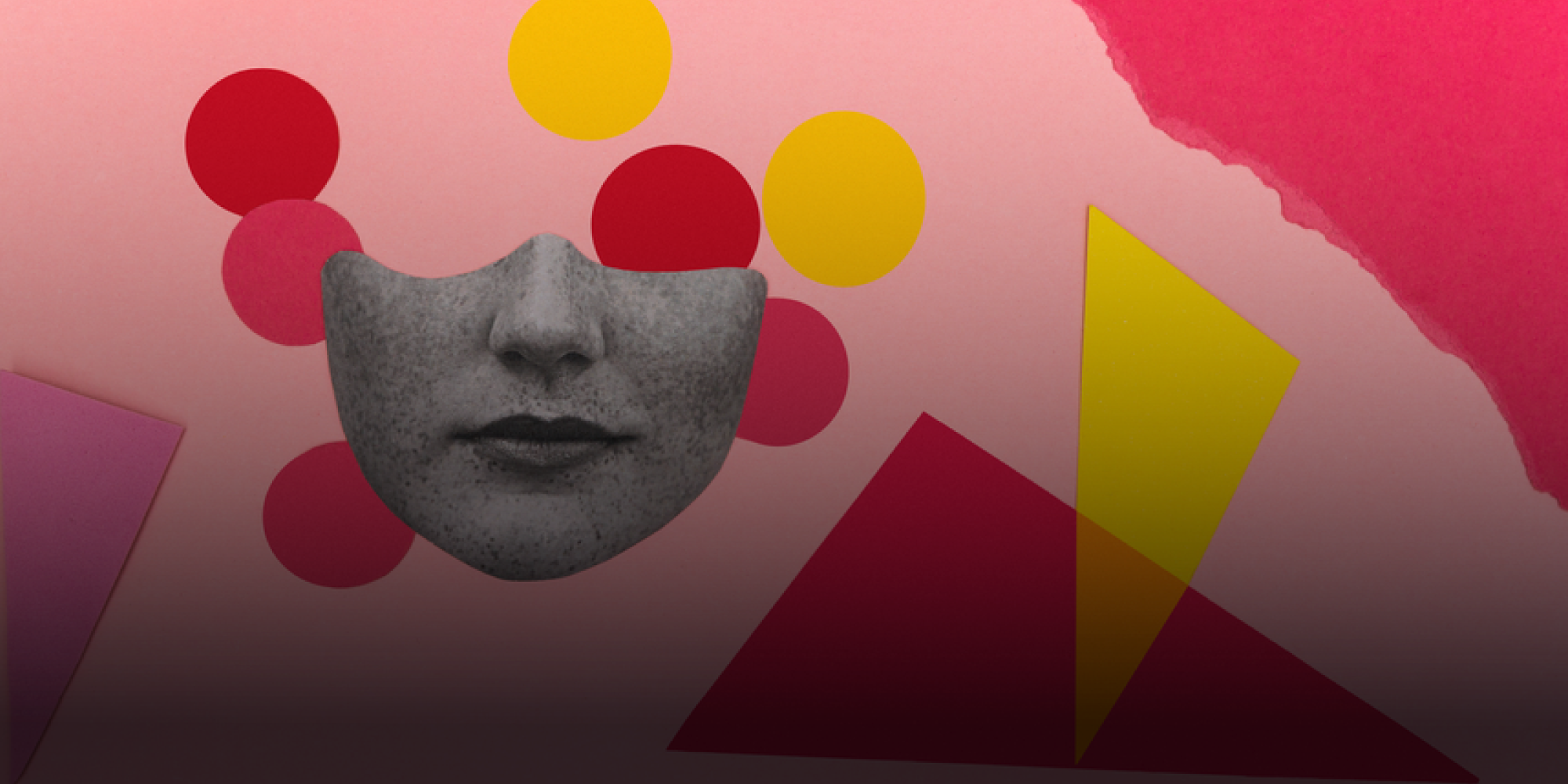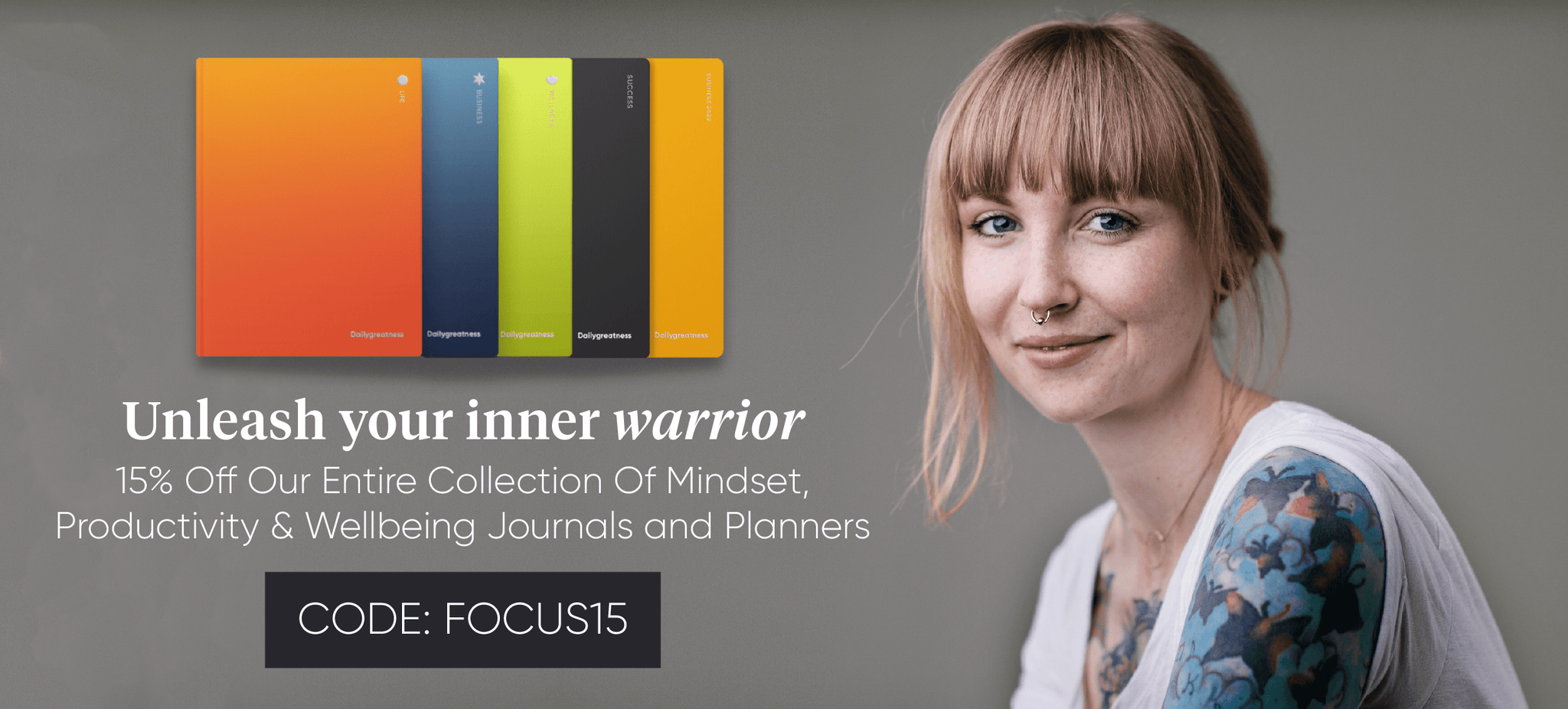Uncertain times have a way of revealing optimism or pessimism in people in equal measures.
Some people see the situation to be thankful for what they still have. To appreciate the positive side of humanity that reveals itself in tough times.
While others choose to see only doom, lamenting the comforts and freedoms lost.
To a pessimist, however, this optimistic view can seem foolhardy and out of touch with reality. On the other hand, to an optimist, a hardened pessimist appears to be depressed, negative and without hope.
So, where should you aim to be on the spectrum of “we’re all doomed” to “everything’s going to be just fine”?
The point you should be aiming for is becoming a “rational optimist”. That is, a positive, inspired viewpoint of an optimist, with the keen realism of a pessimist.
Reaching the elevated, instinctive position of rational optimist requires practice and effort. And, to find the right balance, it’s important to first understand how the mindsets of pessimists and optimists work on a psychological level.
Optimists have the courage to dream about the life they want and the belief it can come true. It’s a frame of mind defined by “What’s the worst that can happen?”.
Pessimists, meanwhile, conjure up the many things that could go wrong, often calculating it’s not worth starting in the first place – or even having aspirations. “Hoping for the best but expecting the worst” is the motto they instinctively live by.
Being an optimist is the far healthier default position, then, surely?
Not exactly.
Pure, unbound optimism can, in fact, be just as detrimental as hardened pessimism.
Take, for example, a study conducted by Central Michigan University on how optimists and pessimists react to gambling.
Unsurprisingly, researchers found that, when gambling, optimists believe they had higher chances of winning. Even when they lost, optimists remembered more wins than the pessimists.
This positively-skewed view made optimists more likely to continue gambling – exposed to further losses.
Pessimists, though, driven by a belief that another loss was certain, had the ability to walk away without their pockets empty.
So, you see, unchecked optimism can be risky. But, by balancing it with a pessimist’s realism, it creates the rational optimist mindset. The belief that big goals are possible -- but they come with risk and a need for caution.
A good test for thinking like a rational optimist is to, in any situation, imagine what you’d say to your best friend going through the same thing. Taking a step back like this empowers you to think more subjectively – I.e. more rationally.
Adding perspective also makes you think more rationally. Ask yourself, five years ago, would you have handled the same situation with optimism or pessimism? And in five years’ time how much will the outcome of the situation matter?
The answers you find won’t always necessarily lead you to change direction or your mind. They will, at the very least, require you to pause and think through more potential eventualities.
If you are naturally a pessimist, this will make you act with prudent caution. If you are a pessimist, it can push you through negative mental barriers that hold you back.
So, use today’s uncertain times to hone your rational optimist mind. Consider your habits, thought patterns and decisions, adapting them to get through tough times, knowing all is not lost.
Wondering where you stand on the optimist-pessimist scale? Take this quick test here to see if you’re more of a positive or negative thinker.
Gibson, B. February 2004. Personality and Social Psychology Bulletin, vol. 29. News release, Central Michigan University.

